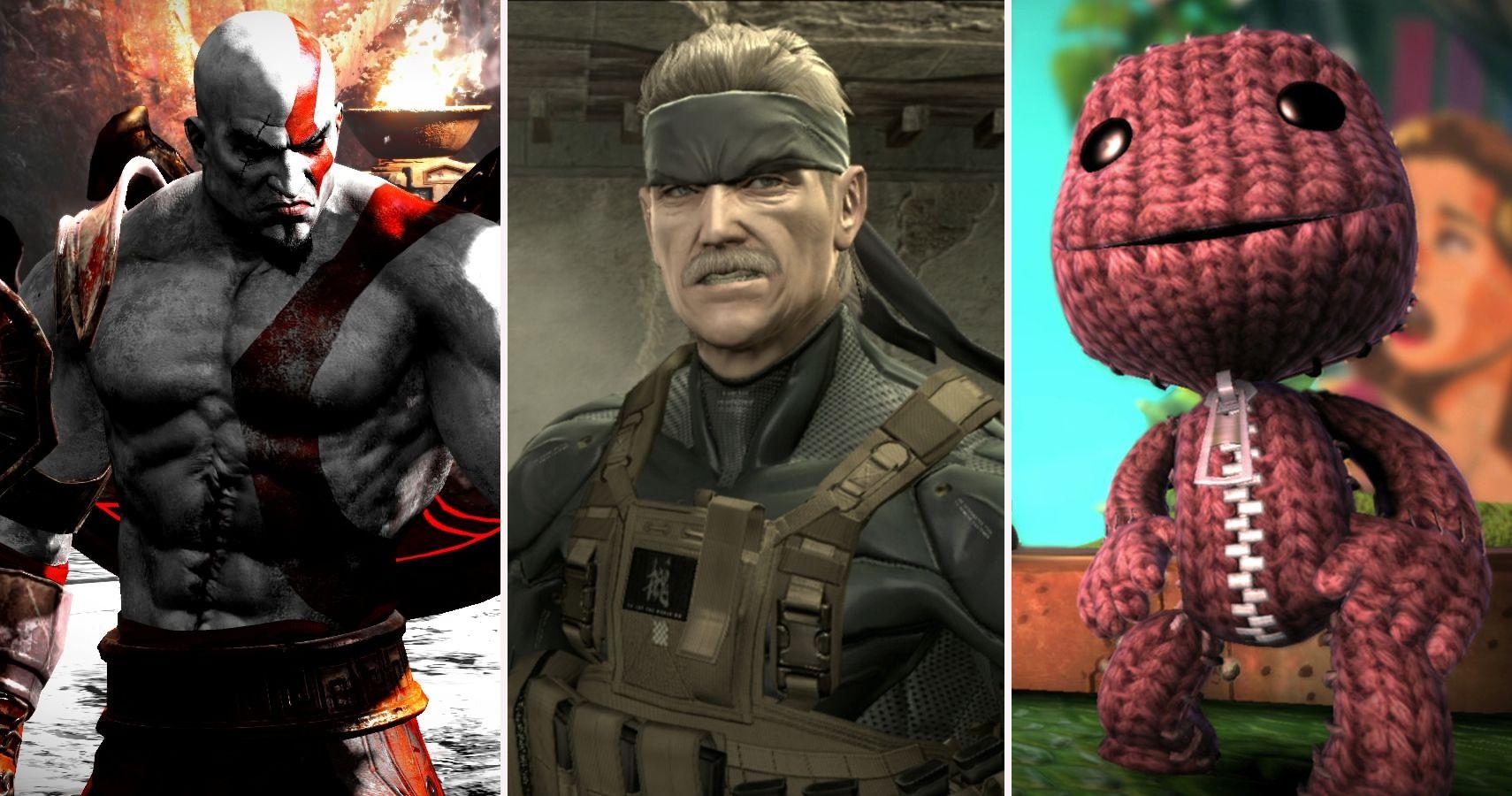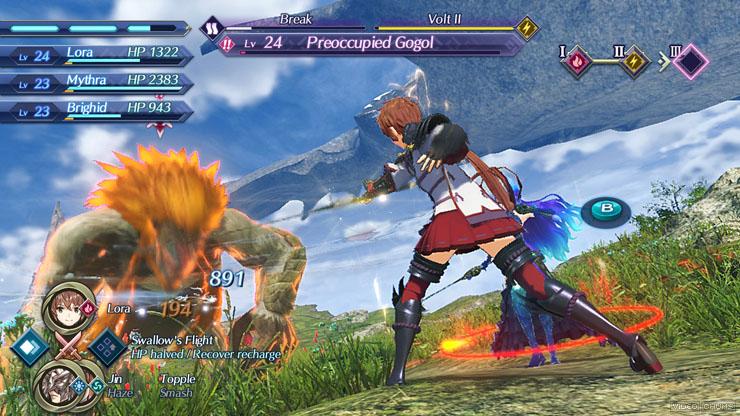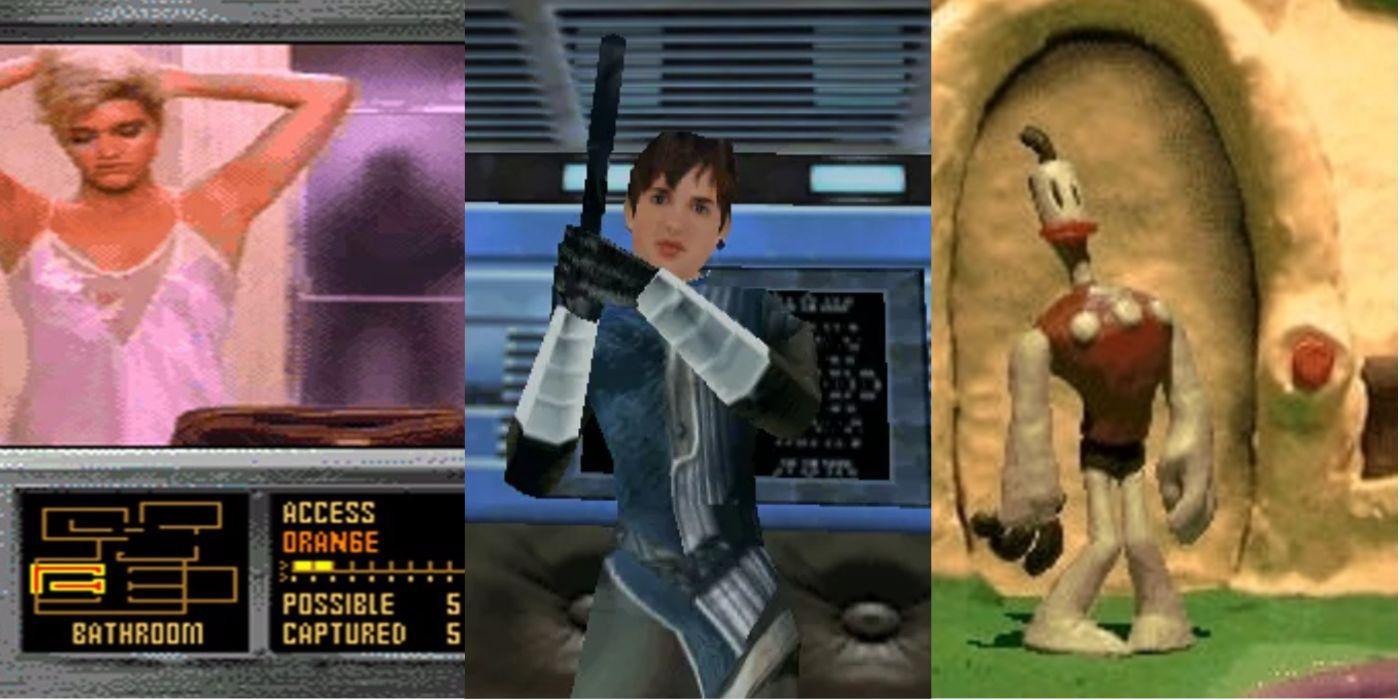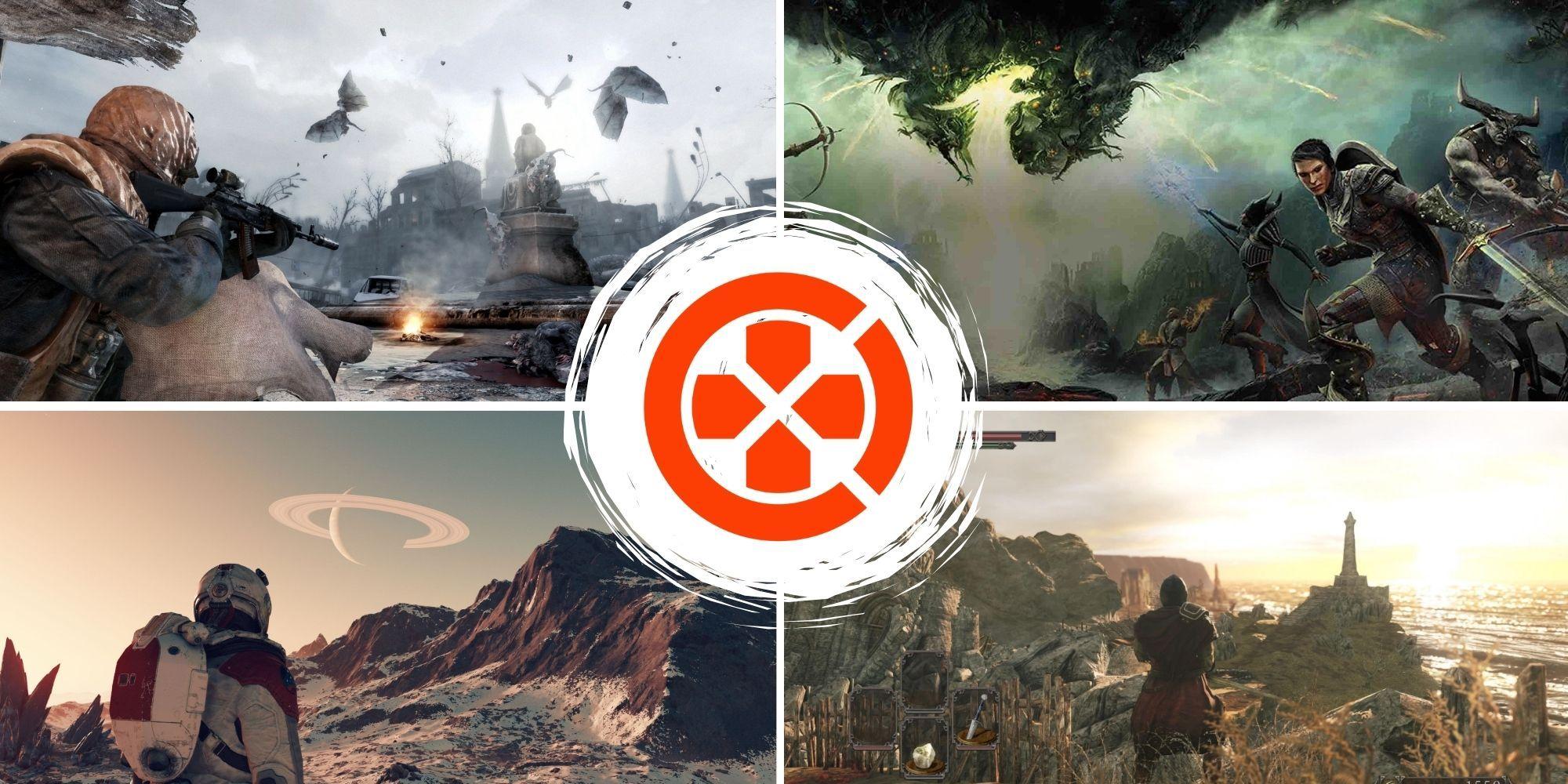Title: The Most overrated Games of All Time: A Dive into the Hype
In the vast universe of gaming, every title carries a story, an expectation, adn often, a tidal wave of hype that can lift it to dizzying heights. Some games, lauded as masterpieces by fans and critics alike, have become the darlings of the industry. However, the question remains: are all of these celebrated titles truly worthy of the accolades they receive? As seasoned players and newcomers alike cling to the phenomenon of nostalgia, we find ourselves faced with a delicate balancing act between genuine passion and inflated perceptions.
In this article, we embark on an exploratory journey through the annals of gaming history, uncovering the most overrated games of all time. We’ll dissect the elements that fueled their rise to fame, examine the fervent expectations they set, and ultimately reveal how they diverged from the mark, leaving players wondering if the hype truly matched the experiance.While some will defend their beloved titles to the bitter end, others will likely nod in agreement as we shine a light on the discrepancies between promise and deliverance. Join us as we challenge the conventional wisdom and celebrate the beauty of diverse opinions in our ever-evolving gaming landscape.
The allure of Hype: Examining the Rise of Overrated Games
The gaming industry has long been captivated by the magnetic pull of hype, where anticipation can frequently enough supersede reality. This phenomenon leads players to flock towards titles shrouded in buzz, promising revolutionary gameplay and unparalleled experiences.yet, as time passes, it becomes glaringly apparent that some of these games fall short of the lofty expectations set by the marketing machine. The disparity between buzz and substance raises questions about the dynamics at play, leading to a growing conversation around what it truly means for a game to be ‘overrated.’
When we dissect the mechanics behind this allure, several factors contribute to the phenomenon:
- Marketing overdrive: engaging trailers, influencer endorsements, and social media campaigns often inflate perceptions.
- Nostalgia Factor: Remakes and sequels court fond memories,yet often fail to capture the original magic.
- Community Expectations: Online discussion and community hype can create an echo chamber, amplifying excitement.
To provide clarity on just how some of these overrated games have fared, let’s take a look at a brief comparison:
| Game Title | Initial Hype Rating | current User Rating |
|---|---|---|
| Game A | 9/10 | 5/10 |
| Game B | 8/10 | 6/10 |
| Game C | 10/10 | 4/10 |
This table underscores how initial excitement can dramatically diverge from the realities of gameplay, sparking discussions on the consequences of inflated expectations and the lasting impact on a game’s legacy.

Gameplay vs. Expectations: the Disappointment Dilemma
In the realm of gaming, the gap between what players anticipate and what they ultimately experience can often lead to disillusionment. Many titles, heralded as revolutionary or groundbreaking in marketing campaigns, sadly fall short, leaving gamers grappling with unmet expectations. these discrepancies can arise from various factors, including:
- Overhyped Marketing: The collision of bold claims and reality can leave players feeling misled.
- Technical Issues: Bugs and performance problems might tarnish the initial gameplay experience, leading to frustration.
- Shallow Mechanics: When a game’s depth is overpromised yet underdelivered, it can feel lacking and unfulfilling.
This phenomenon is especially evident in titles that manage to generate immense pre-release buzz yet end up being merely average upon release. Players may start with high hopes, only to find themselves encountering bland narratives, repetitive mechanics, or uninspired art design. to illustrate,consider the following table showcasing some of the most notorious titles that epitomize this disappointment dilemma:
| Game Title | Expectations | Reality |
|---|---|---|
| Game A | Revolutionary gameplay mechanics | Generic shooting mechanics |
| Game B | Immersive open world | Empty environments |
| Game C | A gripping narrative | Predictable plot twists |

Fan favorites or Folly? Analyzing Cult Classics and Their Critiques
The gaming world is filled with titles that have sparked passionate discussions among fans and critics alike. While some games earn their place in the pantheon of greatness, others find themselves under scrutiny, dubbed as overrated. The irony lies in the fervor with which these games are defended by loyal fanbases, sometimes overshadowing the legitimate critiques that surface. Titles like final Fantasy VII and Call of Duty series exemplify this phenomenon; beloved by many, yet often criticized for their narratives or gameplay mechanics that seem stuck in time. Are these truly masterpieces, or are they merely riding the wave of nostalgia and marketing hype?
Moreover, the cult classic label can often blur the lines between genuine quality and mere favoritism, complicating conversations about what it means for a game to stand the test of time. For instance, players may argue that the charm of EarthBound lies in it’s quirky humor and original aesthetic, while detractors may see it as a rambling experience lacking substantive gameplay. A closer examination of the critiques surrounding these titles reveals a complex interplay of culture, expectations, and individual experiences. To dissect this, we can consider the following aspects:
| Game Title | Critique Summary |
|---|---|
| Final Fantasy VII | Overly linear with pacing issues. |
| Dark Souls | High difficulty detracts from enjoyment. |
| Undertale | Repetitive mechanics overshadow charm. |

What Lies Ahead: Lessons Learned for Future game Releases
As we reflect on the journey of popular yet overrated games, it’s essential to examine the lessons these experiences offer for future releases. Game developers must strive for authenticity and innovation, avoiding the pitfalls of hype-driven expectations. Many titles fell victim to overpromising features while underdelivering on gameplay. To ensure success,creators should focus on:
- openness: Engage with the audience honestly about what can realistically be achieved.
- Testing and Feedback: Implement thorough testing phases and actively seek out player feedback to refine gameplay elements.
- Balanced Marketing: Promote games based on a mix of features, gameplay, and story rather than solely on star power or franchise legacy.
The landscape of gaming is ever-evolving, and the community’s expectations are higher than ever.It’s vital that studios learn from the missteps of past releases. Acknowledging these misfires can lead to a deeper understanding of player needs and preferences. Key takeaways for developers moving forward might include:
| Characteristic | Importance |
|---|---|
| Player Engagement | High; ensures lasting interest and community support. |
| Gameplay Depth | critical; adds longevity and replay value. |
| Strong Narrative | Essential; captivates players and enhances immersion. |
By embracing these insights, developers can craft experiences that resonate more profoundly with audiences, ultimately leading to games that stand the test of time rather than becoming mere footnotes in gaming history.
In Summary
As we conclude our exploration of the most overrated games of all time, it’s crucial to recognize that gaming, like any art form, is deeply subjective. Each title discussed has its share of fervent fans and passionate critiques, highlighting the diverse tapestry of player experiences that define this medium. Whether you found joy in these celebrated titles or felt let down by their reputation, your perspective adds to the vibrant dialogue of the gaming community.
these “overrated” games serve as a reminder that expectations can shape our experiences in powerful ways. So, the next time you dive into a much-lauded title, remember to approach it with an open mind—and perhaps lower expectations. After all, in the vast universe of gaming, there’s always something new to discover, and each player’s journey is uniquely their own. Happy gaming!


Leave a Reply